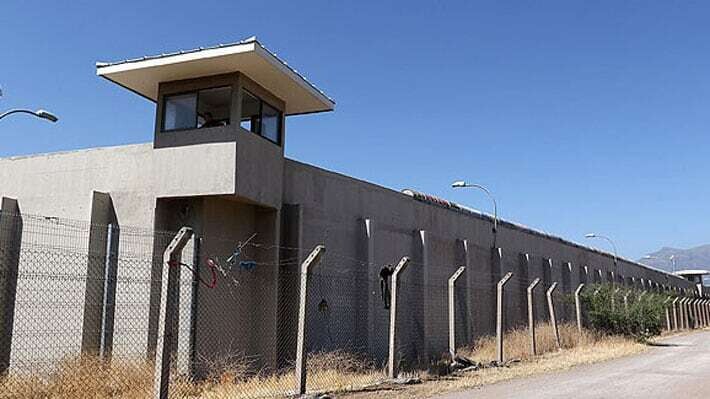
The Chamber of Deputies approved a constitutional reform that expanded the catalog of crimes that will warrant mandatory preventive detention, excluding crimes such as minor drug dealing and tax fraud. The reform establishes that the judge must impose mandatory preventive detention in cases of extortion and crimes related to the illegal introduction, diversion, production, disposal, acquisition, importation, exportation, transportation, storage, and distribution of chemical precursors, essential substances, synthetic drugs, and derivatives.
Among the new criteria are behaviors such as rape, sexual abuse against minors, femicide, robbery on highways in its various modalities, burglary and assault of residences, forced disappearance, human trafficking, use of weapons and explosives exclusive to the Army, issuance of false or nonexistent invoices, theft of hydrocarbons, corruption, illicit enrichment, and electoral crimes.
The reform also applies to smuggling crimes and for those who use false tax receipts established by law. The transitional regime of the decree establishes that all provisions of secondary laws, regulations, and administrative norms that oppose the reform will be repealed upon entry into force.
The goal of this modification to Article 19 of the Constitution is to strengthen the response of the justice system to crimes that affect the security and economy of the country. After its approval in the Chamber of Deputies, the bill was sent to the Senate of the Republic for analysis and possible approval.
The reform includes the imposition of mandatory preventive detention for cases of extortion, production of synthetic drugs such as fentanyl, distribution of chemical precursors, smuggling, and use of false tax receipts. The proposal was supported with 335 votes in favor, 108 against, and no abstentions in the Chamber of Deputies.














